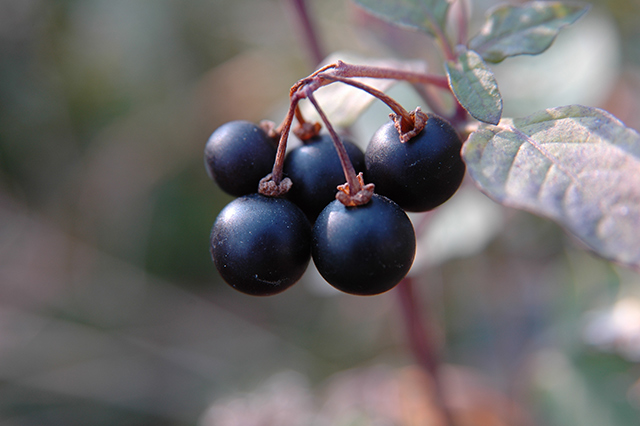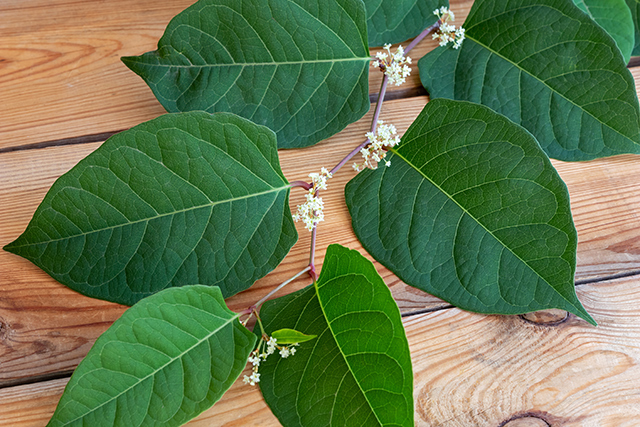Baicalein from Chinese skullcap found to protect the brain against glutamate excitotoxicity
07/01/2019 / By Evangelyn Rodriguez

In this study, researchers from Taiwan investigated the effects of baicalein on glutamate release and glutamate neurotoxicity in the hippocampus of rats. The results of their research were published in The American Journal of Chinese Medicine.
- Interest in the health benefits of flavonoids, particularly their effects on neurodegenerative disease, is increasing.
- Baicalein, which was used in this study, is a flavonoid compound isolated from the traditional Chinese medicine Scutellaria baicalensis.
- The researchers found that baicalein inhibits depolarization-induced glutamate release in the rat hippocampal nerve terminals (synaptosomes).
- On the other hand, this phenomenon is prevented by chelating the extracellular Ca2+ ions and blocking presynaptic Cav2.2 (N-type) and Cav2.1 (P/Q-type) channel activity.
- After performing whole cell patch-clamp experiments, the researchers reported that baicalein reduced the frequency of miniature excitatory postsynaptic currents without affecting their amplitude.
- In a kainic acid rat model, intraperitoneally administering baicalein to rats before intraperitoneal injection of kainic acid substantially attenuated kainic acid-induced neuronal cell death, c-Fos expression, and the activation of the mammalian target of rapamycin in the hippocampus.
- The researchers noted that their study is the first to demonstrate the ability of baicalein to inhibit glutamate release from hippocampal nerve terminals and protect against kainic acid-induced excitotoxicity in vivo.
Based on their findings, the researchers concluded that the biological activity of baicalein in the brain makes it a valuable natural compound that can be used to treat brain disorders related to glutamate excitotoxicity.
Journal Reference:
Chang Y, Lu CW, Lin TY, Huang SK, Wang SJ. BAICALEIN, A CONSTITUENT OF SCUTELLARIA BAICALENSIS, REDUCES GLUTAMATE RELEASE AND PROTECTS NEURONAL CELL AGAINST KAINIC ACID-INDUCED EXCITOTOXICITY IN RATS. The American Journal of Chinese Medicine. 2016;44(05):943–962. DOI: 10.1142/s0192415x1650052x
Tagged Under: alternative medicine, Alzheimer's disease, baicalein, Brain disorders, brain health, c-Fos, chinese skullcap, cognitive function, cognitive health, depolarization, discovery, disease treatments, flavonoids, Glutamate, glutamate excitotoxicity, glutamate release, herbal medicine, Herbs, hippocampus, inflammation, kainic acid, longevity, mTOR, natural cures, natural medicine, neurodegenerative diseases, neuronal death, neuroprotective, neurotoxicity, phytochemicals, prevention, research, Scutellaria baicalensis, TCM, traditional Chinese medicine



















